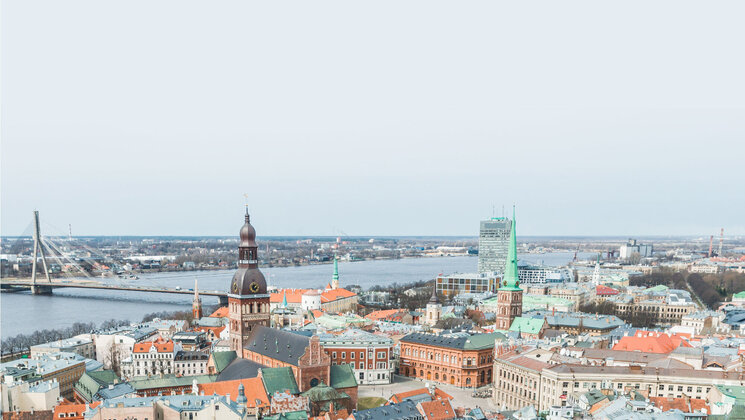Tartu Summer School of Semiotics in 24-27 Aug 2023, Call for Papers by 20 March

What – and how – do we know and acquire knowledge about the future? What is the link between the past, present, and future? Furthermore, what does the capacity of future-making depend on? The aforementioned are some of the guiding questions through which we aim to shed light on and better comprehend the processes of creation, circulation, and choices of models of the future.
Knowledge about the future states of the world is always semiotically mediated. Omens, prophecies, utopias, prognoses, predictions, visions, plans – these are just some of the means we use to get a tentative glance at what is coming or as a direction for moving towards the desired future. Moreover, the future itself can be conceived and conceptualised in different ways: as something that can be predicted or as a forking pathway with endless possibilities. Times of rapid change call for a better understanding of what the future holds – as a concept, temporal dimension, a body of narratives, as something that arrives or something that is forged.
Tartu Summer School of Semiotics aims to resume the dialogue between different branches of semiotics and related fields in exploring the diversity of ways of engaging with the future(s) in culture, society and nature.
The topics to explore include, but are not limited to:
1. Ways and means of modeling futures in culture, society and nature. Humans and non-human animals have different semiosic and semiotic capacities and means for cognising and modeling futures. How do these means impact individual or collective resilience? Some related aspects worth exploring might be:
- empirical and theoretical studies on ways of future-making in different domains,
- semiotic conceptions and approaches to the future(s),
- future(s) of semiotics.
2. Futures consciousness refers to the human capacity to understand, anticipate, prepare for and embrace the future. This capacity can be hindered in times of uncertainty and ambiguity, such as during change and/or crises. Accordingly, some related aspects worth exploring might be:
- ways of fostering futures consciousness in times of heightened unpredictability,
- the role of futures consciousness in meaning-making processes,
- the projection of futures that in turn guide and model behavior in the present.
3. Speculative futures. Some of the more commonplace approaches to thinking about the future involve prediction and management. This means that the future is conceived extrapolatively: it is (or rather ought to be) an extension of the present. A speculative approach, to the contrary, would attempt to rethink futures as independent of current trends and assumptions. It is a thought about future possibilities, and even impossibilities. Some related aspects worth exploring might be:
- semiotics and impossible futures,
- future histories – the present from the perspective of speculative futures.
4. Umwelt changes and the future of human-environment relations. Anthropogenic environmental changes and technological developments affect the umwelts of other living beings. From a non-human perspective, environmental change can result in a radical transformation of umwelts or umwelt transitions (Tønnessen 2009). On the other hand, the growing awareness of human impact also prompts the reevaluation and revision of human-environment relations. Some related issues to explore:
- What are the specifics of umwelt changes in anthropogenic environments, but also as resulting from the transformations of organisms through bioengineering?
- How to (re)imagine the future of human-environment relations?
- What are the impacts of the imaginations of the future on the current perceptions of and actions towards the environment
Submission:
We welcome proposals for 20 minute presentations (300–600 words) accompanied with a short bionote (up to 50 words).
Proposals should be submitted by March 20, 2023.
Send submissions to semiotics@ut.ee with ‘Proposal for Summer School’ as the subject.
Tartu Summer School of Semiotics is organised by the Department of Semiotics, University of Tartu in cooperation with Estonian Semiotics Association.
Further information on Summer School website.






